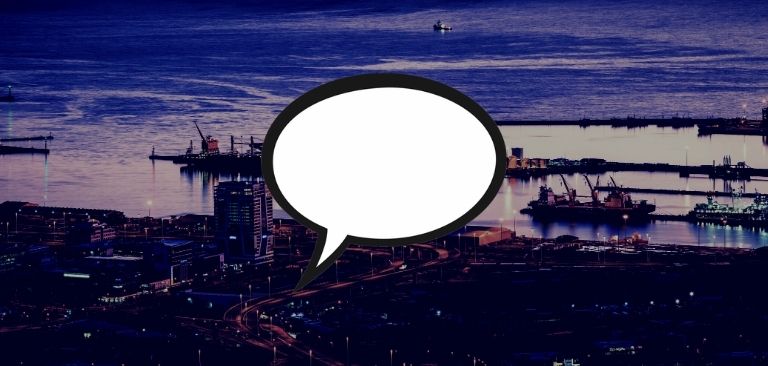South Africa is joining a growing number of countries struggling with new legislation being introduced to regulate the internet, that might easily hinder freedom of speech and content distribution online.
The Amendment Regulations (FPAA) to the Films and Publications Amendment Act (FPA) that now await South African president’s signature to become law, are known by critics as the Internet Censorship Bill.
What FPA wants to do is regulate the films, games, and publications market, while the amendments that have now been adopted by the country’s parliament seek to adjust to the new reality of online content availability, social media, and electronic communications.
But given that the legislation also looks to regulate “harmful content,” law firm Baker Mckenzie said in a public comment, it would lead to harming otherwise Constitution-guaranteed freedom of expression. Among the definitions of “harmful content” the law seeks to define are things such as “morally reprehensible or correct” – an overreach under the county’s top legal act.
Among the new rules introduced with the FPAA are mandatory submission of content to the Film and Publications Board (FPB), who will classify it. Self-classification accreditation issued by the same institution is another option.
This means that the FPB can impose “any conditions it considers necessary” to keep compliant with FPAA’s goals – something that’s described by critics as a far reaching and broad discretionary power.
But that’s not the only thing defined vaguely and allowing for the law’s wide reach: another is the definition of “publication” itself that must be classified one way or another, and in South Africa it used to mean books, newspapers, or other printed material.
That’s under the original law the FPA passed last year – but now the amended FPAA further muddies the waters by adding anything that’s available online, including ads, (other than films and games).
The FPB also wants a tighter grip on defining who’s an internet service provider, by requiring all internet-based companies to register as such.
According to Baker Mckenzie, this not only adds to the complicated administrative process of registration and mandatory content classification, but is also baseless, considering that a section in the FPAA itself “does not contemplate the registration of persons who host websites as internet service providers.”
“Given their wide application, the regulations encroach on and frustrate the right to freedom of expression enshrined in the Constitution,” the law firm said.













